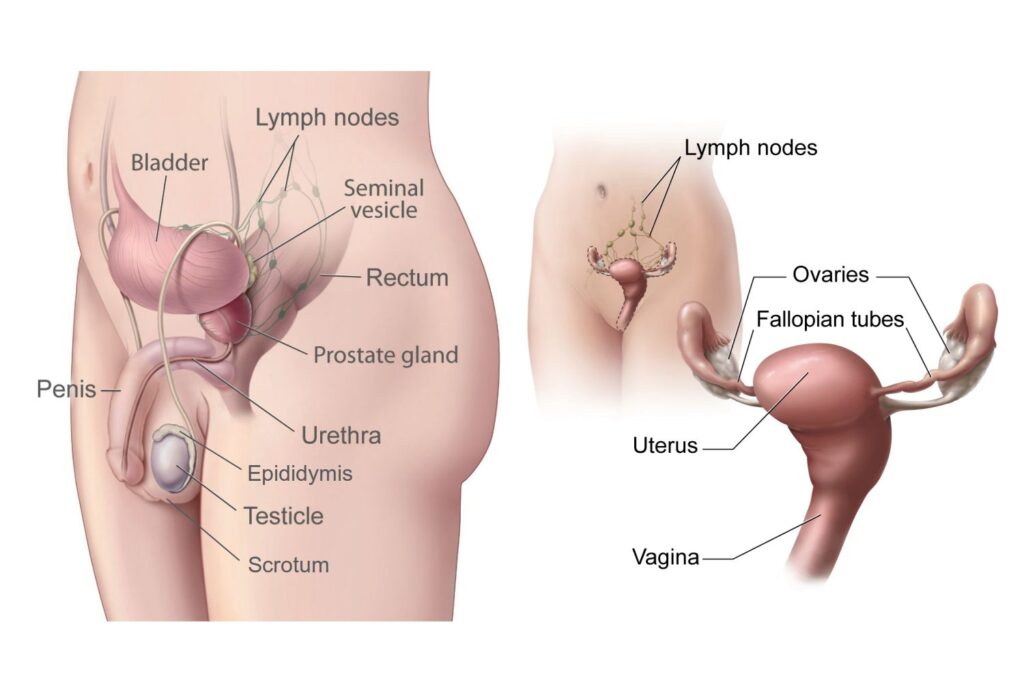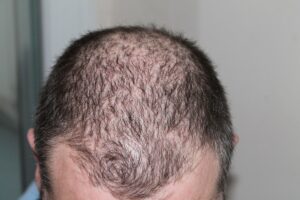Male Hormonal Balance: A Key to Men’s Vitality and Well-being : Hormonal balance plays a pivotal role in maintaining optimal health and vitality in men. From influencing physical attributes to regulating emotions and cognitive functions, male hormones significantly impact various facets of life. Understanding the dynamics of these hormones, the factors affecting their balance, and the strategies to maintain equilibrium is crucial for overall well-being.

Introduction to Male Hormonal Balance
In the intricate symphony of the human body, hormones act as messengers, orchestrating numerous physiological processes. For men, the primary hormone that defines masculinity and vitality is testosterone. However, it’s not just testosterone; several other hormones also contribute to male health and well-being.
Understanding Male Hormones
Testosterone stands at the forefront, symbolizing masculinity and impacting muscle mass, bone density, fat distribution, and even red blood cell production. Alongside testosterone, hormones like estrogen, cortisol, and thyroid hormones play significant roles in maintaining balance and functionality.
Factors Affecting Hormonal Balance in Men
Various factors can tip the scales of hormonal equilibrium. Aging is a natural factor leading to hormonal changes, with testosterone levels typically declining with age. Lifestyle choices, including diet, exercise, and stress management, also profoundly influence hormonal balance.
Signs and Symptoms of Imbalance
Recognizing signs of hormonal imbalance is crucial. Fatigue, mood swings, changes in libido, and muscle weakness are among the indicators of hormonal disruption in men. Identifying these signs early can prompt necessary interventions.
Importance of Hormonal Balance for Men’s Health
The significance of hormonal balance extends beyond physical attributes. Balanced hormones contribute to mental clarity, emotional stability, and even cardiovascular health in men. Achieving equilibrium in hormone levels is pivotal for overall vitality.
Strategies for Achieving Hormonal Balance
Maintaining hormonal balance requires a holistic approach. Healthy lifestyle choices encompassing nutritious diet plans, regular exercise, and stress-reducing activities aid in restoring and maintaining hormonal harmony.
Medical Interventions for Hormonal Imbalance
In cases where natural methods fall short, medical interventions like hormone replacement therapy offer viable solutions. However, these interventions necessitate professional guidance and monitoring.
Seeking Professional Guidance
Consulting healthcare professionals, especially endocrinologists or hormone specialists, is essential for diagnosing and managing hormonal imbalances. They offer personalized guidance and interventions tailored to individual needs.
Conclusion
Male hormonal balance is a cornerstone of men’s vitality and well-being. Understanding the nuances of hormonal dynamics, adopting healthy lifestyle habits, and seeking professional advice when needed are pivotal in maintaining optimal hormonal equilibrium.
FAQs
- How do hormones affect men’s mood swings?
- Hormonal fluctuations, especially in testosterone levels, can influence mood swings in men, leading to irritability or mood changes.
- Can stress impact male hormonal balance?
- Yes, chronic stress can disrupt hormone levels, affecting testosterone and cortisol production, potentially leading to imbalance.
- Are there natural ways to boost testosterone levels?
- Regular exercise, sufficient sleep, a balanced diet, and stress reduction techniques can naturally support healthy testosterone levels.
- At what age do hormonal changes start in men?
- While hormonal changes can occur earlier, significant shifts in testosterone levels often begin around age 30.
- When should one consider medical intervention for hormonal imbalance?
- If experiencing persistent symptoms of hormonal imbalance, consulting a healthcare professional for evaluation and guidance is advisable.




